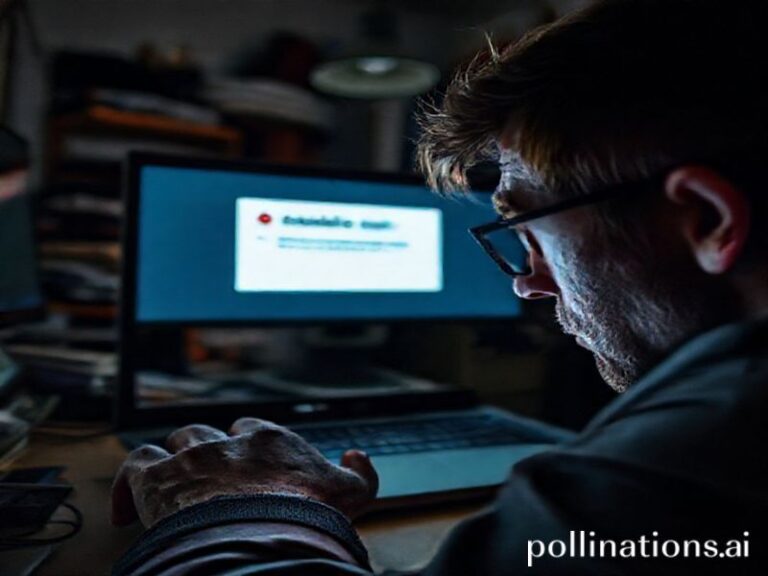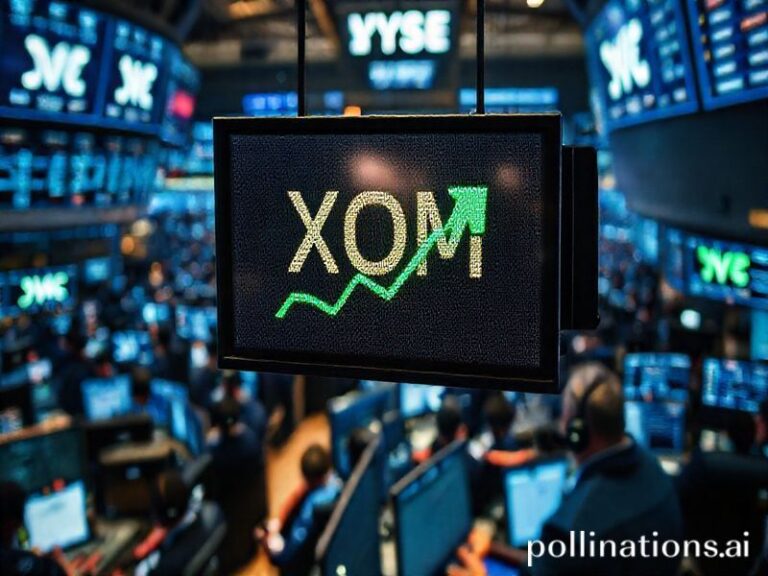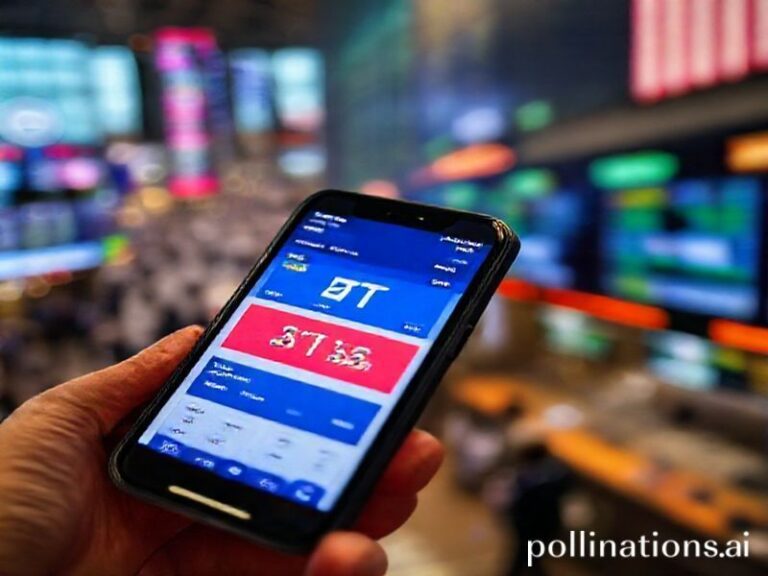The Accidental Trade Wizard of Stoke-on-Trent: How Ian Strong Became Globalization’s Pink Flamingo
Ian Strong: The Quiet Brit Who Accidentally Became a Global Meme, a Sanctions Loophole, and a Cautionary Tale for the LinkedIn Age
From a cluttered spare room in Stoke-on-Trent—where the rain sounds like static and the kettle never quite reaches a boil—Ian Strong, 42, uploads another spreadsheet. On the surface, nothing screams “geopolitical significance.” Yet within 36 hours the file has been forked on GitHub in São Paulo, translated into Korean on an esoteric finance subreddit, and cited by a Brussels policy wonk who thinks Ian’s color-coding might hold the key to circumventing the latest EU tariff regime on garden gnomes.
How did a mid-level supply-chain analyst become the Zelig of late-stage capitalism? Simple: he solved a problem nobody realized was profitable. While the rest of us doom-scrolled through COP28 footage, Ian noticed that customs brokers treat “decorative ceramics” differently depending on whether the item is classified as “lawn ornament” or “cultural artifact.” One harmless re-label later, a container of plastic flamingos from Guangzhou glides into Antwerp under the lower duty bracket. The savings, pennies per bird, scale to seven figures when you move a few thousand containers.
By the time LinkedIn’s algorithm caught the scent—#EfficiencyHacks, 2.4 million impressions—Chinese wholesalers had built Ian a shrine on WeChat; the flamingo lobby (yes, that’s a thing) dispatched a lobbyist to Brussels with a suitcase full of pink USB sticks; and U.S. trade hawks demanded an investigation into “digital tariff arbitrage influencers.” Ian, meanwhile, was still in Stoke, wondering why his utility bill tripled after he left the kettle on overnight.
The global implications are almost elegant in their absurdity. Supply chains, those supposedly frictionless miracles of the 21st century, are held together by Excel macros crafted by under-caffeinated introverts. When Ian’s macro hit the open-source wild, it became a sort of IKEA Allen key for dodging sanctions: swap “polyresin” for “heritage polymer,” move the decimal on the HS code, and—voilà—you’ve transmuted a restricted microchip into an “educational puzzle piece.” The Financial Times dubbed it “the Schrodinger’s Cat of Commerce: simultaneously banned and perfectly legal until customs opens the box.”
Naturally, authoritarian regimes took notes. Belarusian state media hailed Ian as “a lone warrior against Western bureaucratic overreach,” which must be the first time anyone from Stoke has been called a warrior without being ejected from a pub. Meanwhile, the EU’s new Flamingo Directive—yes, that’s also a thing—requires all lawn ornaments to carry QR codes linking to an “ethical origin certificate.” Scanning one in the wild reportedly crashes the average smartphone, an irony Ian himself appreciates: “I broke Europe with a bird,” he told me over Zoom, cradling a mug that reads “World’s Okayest Analyst.”
The broader significance? Ian Strong is the living embodiment of what economists politely term “regulatory latency.” In plainer English: the law is a dial-up modem, and innovation is fiber. Every time legislators tighten a bolt, a thousand Ians appear with digital torque wrenches. The WTO’s latest report cites “Strong-type arbitrage” as a top-three risk to tariff regimes worldwide, right after climate change and Elon Musk’s Twitter feed.
Yet the man remains gloriously unbothered. Asked if he fears prosecution, he shrugs: “I pay my TV license. That’s enough guilt for one lifetime.” His newest side hustle involves automating apology letters for companies busted using his loophole; demand is so high he’s outsourcing the emojis to a teenager in Lagos. Revenue is denominated in gift cards, naturally.
So here we are: a planet on fire, supply chains on life support, and the linchpin of global trade adjusting the thermostat in a Midlands semi-detached. If that isn’t dark comedy, I don’t know what is. Somewhere in Davos, a panel is discussing “resilient governance frameworks.” Somewhere in Stoke, Ian is Googling whether kettles can be insured for ideological damage.
Conclusion: In the grand farce of globalization, Ian Strong is both punchline and protagonist. He reminds us that borders, tariffs, and sanctions are only as sturdy as the spreadsheet jockeys who never bothered to read the fine print—because they were too busy making the fine print finer. The world will keep spinning, flamingos will keep migrating, and somewhere a bureaucrat is drafting Clause 47-B to close a loophole that Ian already solved in cell C17. History may not remember his name, but the algorithms will.







